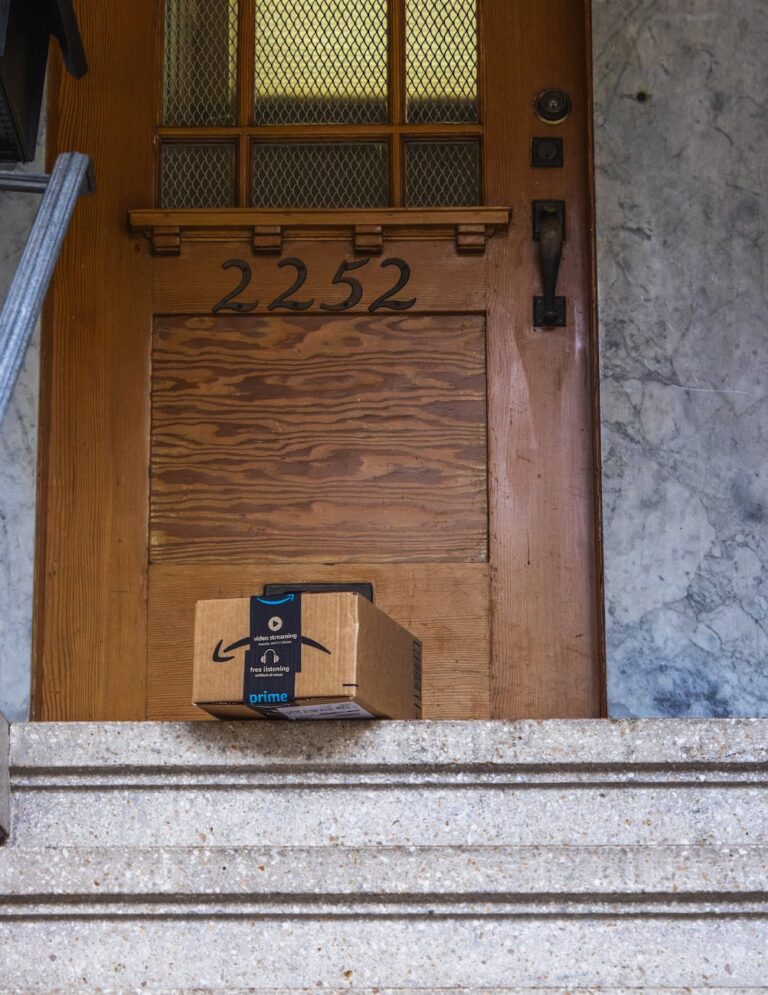Cutting the Ties: Why Your Hair Doesn’t Define You (And Why That’s a Good Thing)
I rarely talk about this period of my life because it’s not a pleasant time to relive. I’ve spent my entire life stressing over my hair, unhappy that it was never as long and as straight as my cousins in Colombia. I can’t remember a time when my hair wasn’t being pressed, relaxed, colored, weaved, or something. Like most little Black girls, I spent way too many Saturdays in beauty salons rather than just playing with my friends.
Black women have long been under pressure to conform to Western beauty standards, which often include having straight, silky hair. This pressure can manifest in many ways, from subtle societal cues to overt discrimination in the workplace.
One of the most significant ways that this pressure is felt is through the expectation that Black women have “perfect” hair. This can mean hair that is straight, shiny, and free of any kinks or curls. Achieving this look can be time-consuming and expensive, as it often involves chemically straightening hair or using hot tools to achieve a sleek look.
But even when Black women do put in the effort to achieve this ideal, they can still face criticism and discrimination. For example, Black women who wear their hair naturally may be seen as less professional or put-together than those with straight hair. And even when Black women do straighten their hair, they may be accused of trying to look “too white” or not embracing their natural beauty.

This pressure to have perfect hair can have serious consequences for Black women’s mental health and self-esteem. It can also be a significant financial burden, as Black women may need to spend a lot of money on products and services to achieve the desired look.
When my hair fell out, I felt like I was going to die. I woke up one day and my hair was coming out in clumps. I didn’t know why and I was completely mortified. I was already depressed from a recent breakup. I had packed on considerable weight. And, now I had no hair!

I can’t even begin to tell you how badly I felt about myself. However, as I posted in my reel, I had friends who kept my spirits high and made me realize that life could go on. They reminded me that if people truly cared for me, hair was just wrapping. They helped me remember who I was, helped me regain my confidence, and made me feel safe to face the world.
Thankfully, my hair has grown back but it is still not as thick as it used to be and probably never will be. I might never know what caused my hair to come out. It might have been stress, hormones, or chemicals. Regardless, it taught me a valuable lesson about being empathetic to others.
You never know what people are dealing with and you should never say or do anything to make others feel small because of how they look.
It is important for society to recognize and challenge these harmful beauty standards. Black women should be able to wear their hair in whatever way makes them feel comfortable and confident, without fear of judgment or discrimination. By celebrating diverse beauty standards and embracing natural hair textures, we can create a more inclusive and accepting society for all.
To my sistas, I simply want you all to know that your hair is not your glory. You are your glory! Your spirit, your mind, and your heart are what make you special. 💖
“I am not my hair.”
– India Arie





